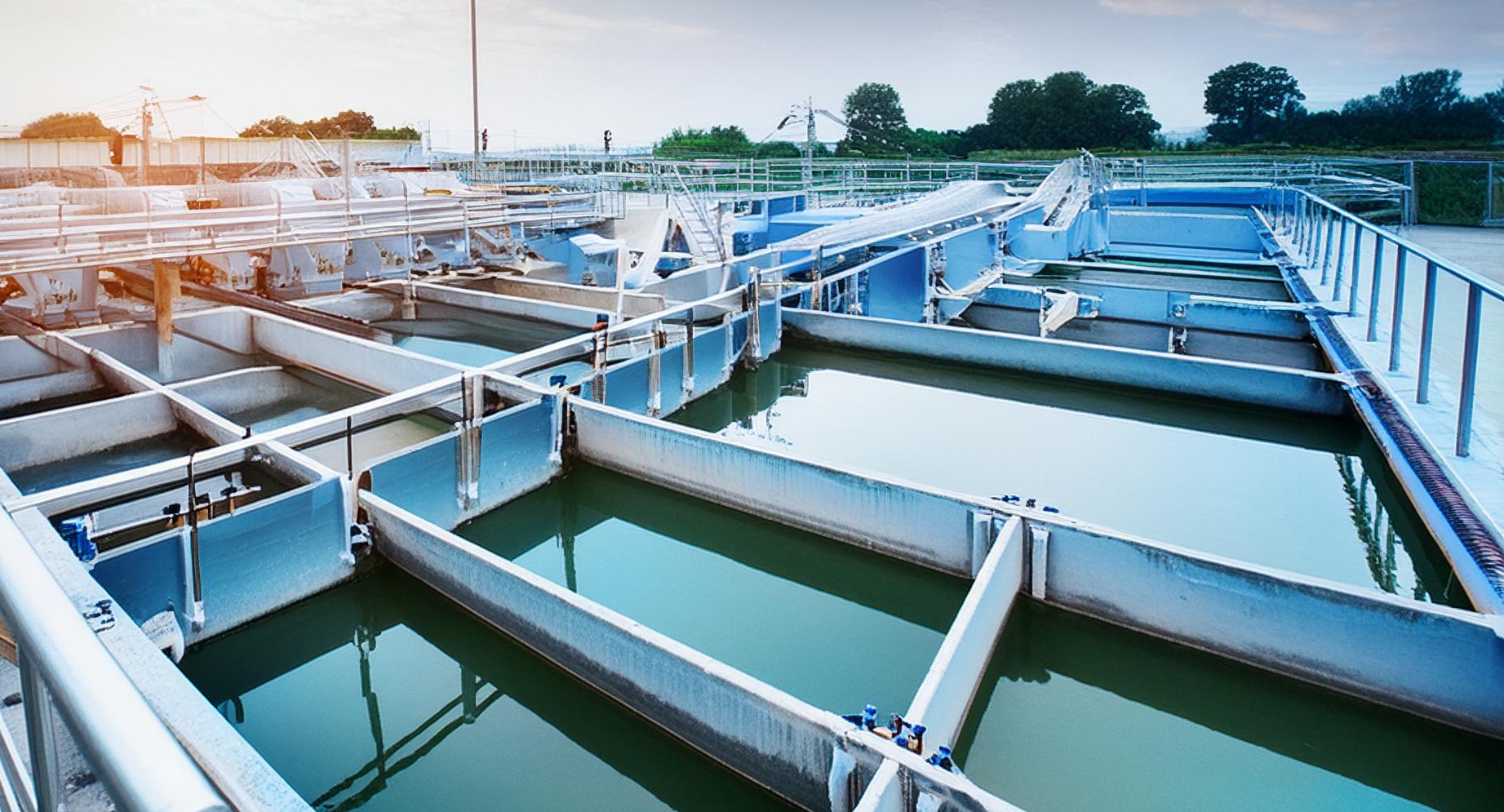Oily Wastewater Treatment Technology using High-Performance Oil-Degrading Microorganisms
KEY INFORMATION
TECHNOLOGY OVERVIEW
The increasing use of fats and oils in food processing has led to higher concentrations in industrial effluents, overwhelming traditional wastewater treatment systems and clogging sewer pipes, which disrupts business operations. Commonly used methods like pressurized floating separation are limited and often result in incineration, increasing waste management costs. Rising treatment costs, odor control, and waste management remain significant concerns for factory operators.
This technology uses an innovative "organic treatment method" with powerful microorganisms that decompose fats and oils directly from wastewater. These microorganisms can rapidly degrade various fats and oils, including plant, animal, and fish oils, as well as trans fatty acids, even at concentrations over 10,000 mg/L, using a microbial symbiotic system.
Efficiently degrade various fats and oils, including plant, animal, fish oils, as well as trans fatty acids. By decomposing fats and oils directly, it reduces the need for physical separation and incineration, cutting down on industrial waste management costs. This approach also supports sustainable waste reduction and mitigates the risk of clogged sewer pipes. Technology has demonstrated the stable performance of oil decomposition in wastewater throughout a year in a field test at a food oil factory.
The technology owner seeks collaboration with food, oil, and other plants with oily wastewater and wastewater treatment facility providers looking for organic solutions for end users.
TECHNOLOGY FEATURES & SPECIFICATIONS
The technology integrates a decomposition tank with activated sludge treatment, where fats and oils are directly degraded and eliminated by the microorganisms. This setup, positioned upstream of the activated sludge tank, simplifies the overall waste treatment process compared to conventional methods, significantly reducing both the initial construction costs for new facilities and the ongoing costs of treating oily sludge.
To ensure stable decomposition, a daily addition of the fats and oils-degrading microorganisms at 1/1000 of the wastewater volume is recommended. This on-site equipment, replenished monthly with microbial inoculate, an activator, and nutrients, amplifies the microorganisms 100-fold before introducing them into the decomposition tank, allowing for efficient and manageable wastewater treatment.
POTENTIAL APPLICATIONS
The technology can be applied in fields that require oil and fat degradation via a sustainable solution.
Food Industry: Treatment for food processing plants with high oil and fat content, effective for managing fatty and oily waste from food related garbage (vegetables oils and animal fats).
Wastewater Treatment facilities: Wastewater treatment systems looking for sustainable fat and oil degradation technologies.
Cosmetics: Treatment of oils, fat, waxes or for cleaning operations.
Market Trends & Opportunities
The global market of fats and oils processing is estimated to be 1 trillion USD.
Unique Value Proposition
Degradation Capability: This approach uses a single decomposition tank upstream of the activated sludge treatment to directly degrade wide range and high concentrations of both animal fat and vegetable oils.
Cost Efficiency: The simplified treatment process reduces the need for extensive facility construction and lowers ongoing operational costs.
Reduced Environmental Impact: By eliminating fats and oils at the microbial level, this method significantly reduces the volume of industrial waste, aligning with sustainable waste management goals.
Proven Performance: Demonstrated year-round stable performance in field tests at a food oil factory, successfully substituting traditional pressurized floating separation facilities and reducing wastewater treatment costs.

